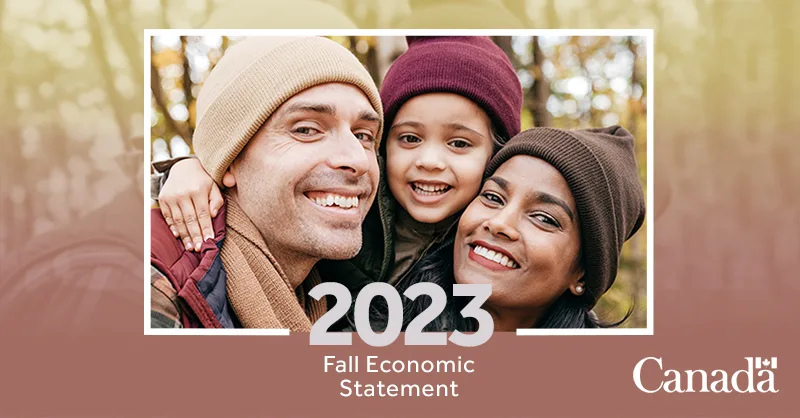Ottawa – The Government of Canada is continuing to deliver its economic plan by today launching consultations to advance major economic investment tax credits and create good jobs, crack down on short term rentals and make housing more affordable, and ensure the fairness of Canada’s tax system.
Delivering Major Investment Tax Credits
As detailed in the 2023 Fall Economic Statement, the government is delivering its five major economic investment tax credits—which will help attract private investment to create good jobs with $85 billion in federal support over the next decade—on a priority basis, with legislative implementation targeted to conclude in 2024.
Last month, the government introduced legislation to deliver the Carbon Capture, Utilization, and Storage investment tax credit and the Clean Technology investment tax credit, as well as related labour requirements to ensure Canadian workers benefit from prevailing union wages and apprenticeship opportunities.
Today, the government is continuing to deliver its major economic investment tax credits by releasing draft legislation for the:
- Clean Hydrogen investment tax credit; and,
- Clean Technology Manufacturing investment tax credit.
Cracking Down on Short-Term Rentals
To crack down on short-term rentals which are keeping too many homes off the market, the government is releasing for consultation draft legislation to implement the 2023 Fall Economic Statement proposal to deny income tax deductions for non-compliant short-term rentals. This measure would apply in provinces and municipalities that have prohibited short-term rentals or when short-term rental operators do not comply with the applicable provincial or municipal licensing, permitting, or registration requirements.
Ensuring a Fair Tax System
In addition, the government is releasing draft legislation and regulations for previously announced tax measures:
- International Shipping, to support Canadian shipping companies in remaining incorporated in Canada by exempting the international shipping income of Canadian resident companies from the Income Tax Act. This measure will come into force on or after December 31, 2023;
- Concessional Loans, to clarify that bona fide concessional loans with reasonable repayment terms from public authorities will generally not be considered government assistance. This measure will apply as of November 21, 2023—the date of the 2023 Fall Economic Statement; and,
- The Vaping Excise Duty, to implement provincial components of the vaping excise duty in jurisdictions that entered into a coordinated taxation agreement with the federal government (Ontario, Québec, Northwest Territories, and Nunavut).
To provide home builders with the certainty needed to make investment decisions, the government is also releasing draft regulations with further technical details on the removal of the Goods and Services Tax (GST) from new purpose-built rental housing, which will apply to projects that begin construction between September 14, 2023, and the end of 2030, and complete construction before 2036.
All Canadians and stakeholders, including Indigenous governments, organizations, and associations, are invited to share feedback on these proposals by emailing Consultation-Legislation@fin.gc.ca by February 5, 2024.








